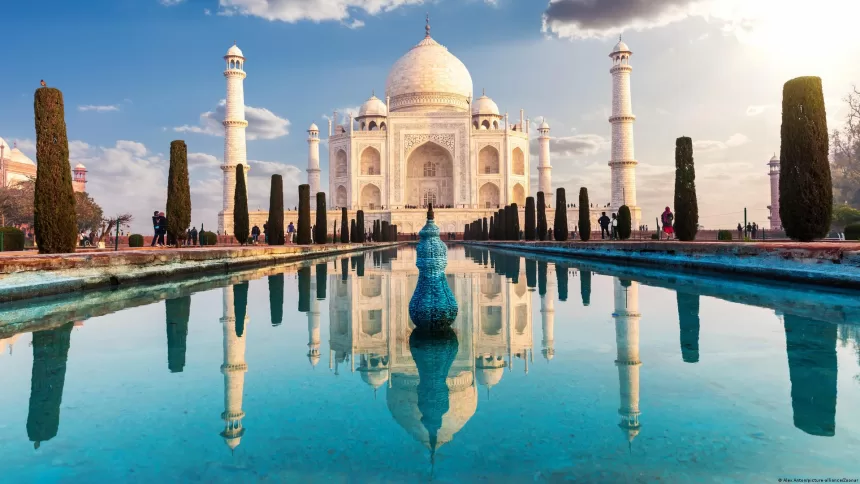When it comes to visiting the Taj Mahal, there are several important things that you should know to make your trip enjoyable and hassle-free. From entry fees to dress code, security checks to photography, this article covers all the essential information that you need to know before planning your visit to the iconic monument.
10 Must-Know Tips Before Visiting the Taj Mahal: Your Ultimate Guide
1. Entry Fees
Understand the Taj Mahal Entry Fees and Save Money: All You Need to Know
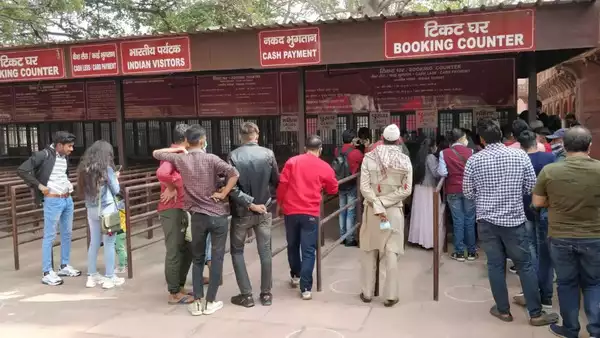
The entry fees for the Taj Mahal varies for Indian and foreign tourists. Indian visitors have to pay INR 50, while foreign tourists have to pay INR 1100. It is advisable to carry cash as the ticket counters may not accept credit or debit cards. It is also important to note that the entry fees are non-refundable.
Read More:Discovering Delhi: 10 Must-Visit Iconic Attractions and Places to Explore in India’s Capital City
2. Dress Code

There is a strict dress code for visitors to the Taj Mahal. It is recommended to dress conservatively and avoid wearing revealing or provocative clothing. Visitors should also wear comfortable shoes as they would have to walk a lot while exploring the complex. It is also important to note that footwear is not allowed inside the main structure, so visitors would have to remove their shoes before entering.
3. Security Checks
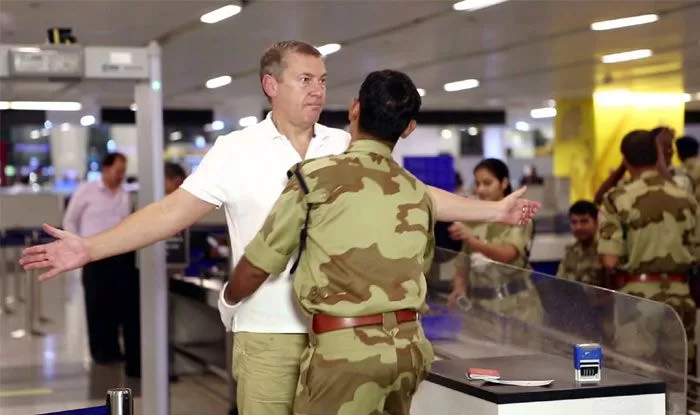
Security checks are mandatory for all visitors before entering the Taj Mahal complex. Visitors are not allowed to carry any sharp objects, weapons, or inflammable items inside the complex. Bags and other belongings are also checked thoroughly before allowing entry. It is advisable to carry only essential items to avoid delays and inconvenience during security checks.
4. Timings
Best time to visit Taj Mahal for sunrise view
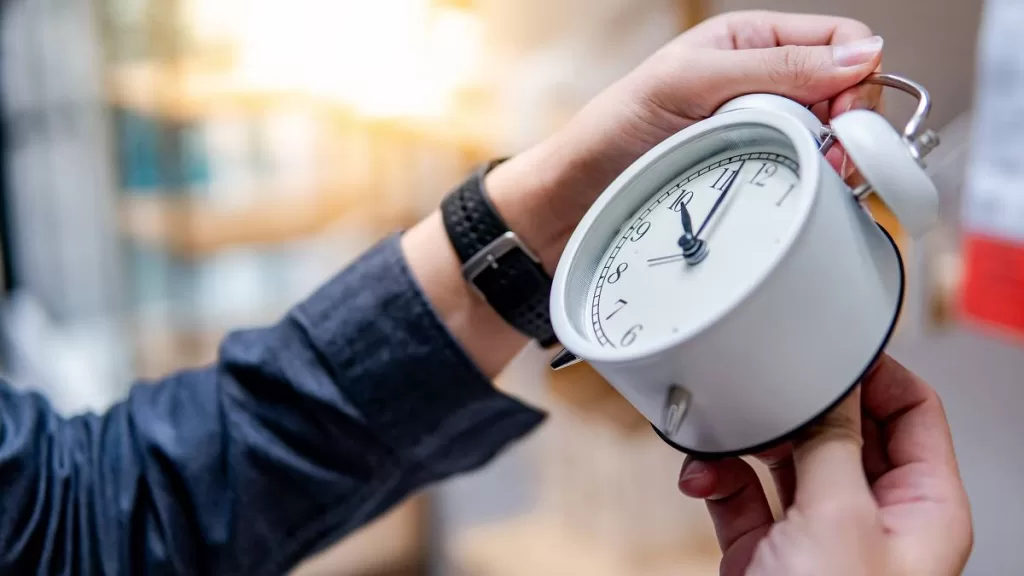
The Taj Mahal is open to visitors from sunrise to sunset, every day except on Fridays when it is closed for prayers. It is advisable to arrive early in the morning to avoid crowds and witness the beauty of the Taj Mahal in the early morning light. The best time to visit the Taj Mahal is during the winter months from November to February when the weather is pleasant.
5. Photography
Taj Mahal photography tips for amateurs
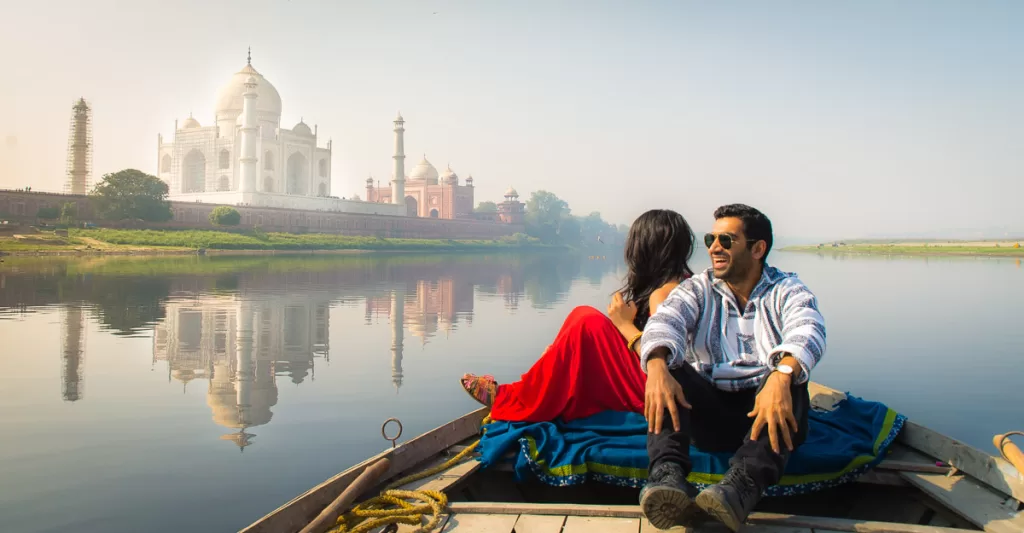
Photography is allowed inside the Taj Mahal complex, but visitors are not allowed to use tripods or other professional equipment. Drones are strictly prohibited inside the complex. It is also important to note that photography is not allowed inside the main structure where the tombs of Shah Jahan and Mumtaz Mahal are located.
6. Guides

Hiring a guide is highly recommended for visitors to get a better understanding of the history and architecture of the Taj Mahal. Guides are available for hire at the entrance, and their fees are negotiable. It is important to hire a licensed guide to avoid scams and ensure that you get the correct information about the Taj Mahal.
7. Accessibility
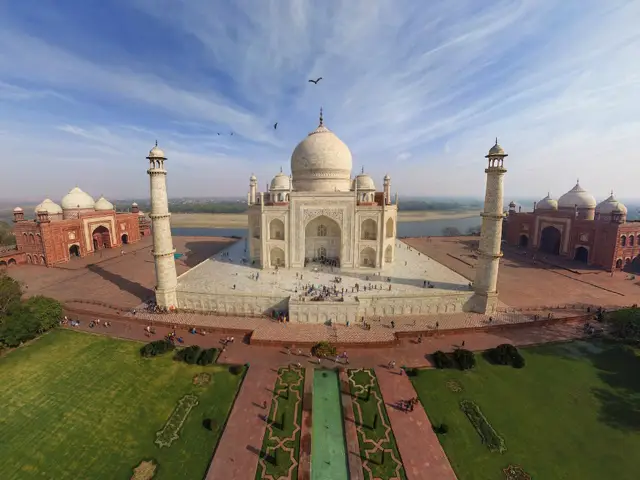
The Taj Mahal complex is wheelchair accessible, but visitors should be prepared for a lot of walking as the complex is spread over a large area. There are also electric vehicles available for hire for visitors who have difficulty walking. It is advisable to inform the authorities in advance if you require special assistance.
8. Food and Drinks
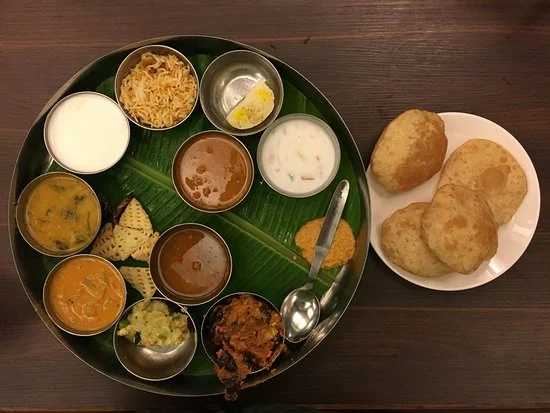
Food and drinks are not allowed inside the Taj Mahal complex, but there are several restaurants and cafes outside the complex where visitors can enjoy a meal or a snack. It is advisable to carry water bottles and other refreshments as the temperature can get quite high during the summer months.
9. Weather
Romantic sunset view of Taj Mahal
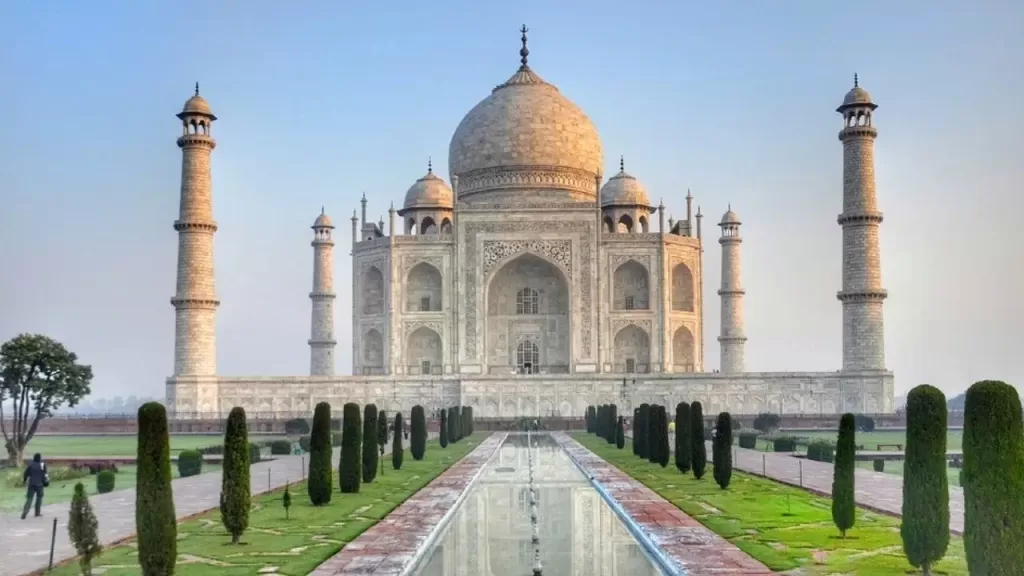
The weather in Agra can be quite extreme, with temperatures ranging from very hot in the summer to very cold in the winter. It is advisable to check the weather forecast before planning your visit to the Taj Mahal and dress accordingly.
10. Respect for the Site
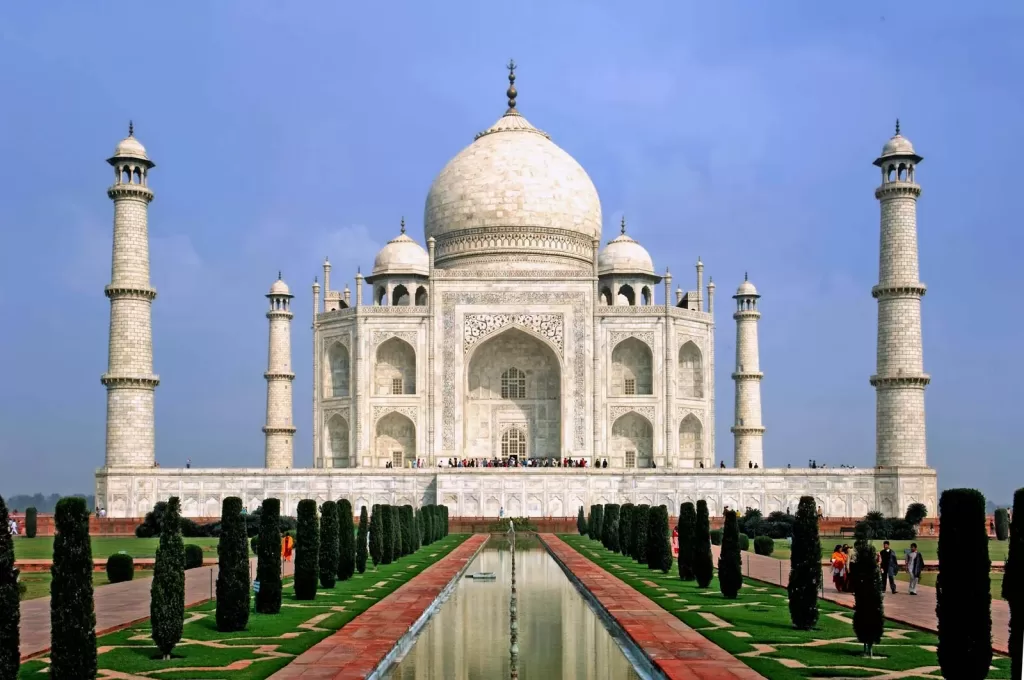
The Taj Mahal is a UNESCO World Heritage Site, and visitors are expected to show respect for the site. It is important to follow the rules and regulations of the complex and avoid damaging the site in any way. Visitors should also be mindful of their surroundings and avoid littering or defacing the property.


